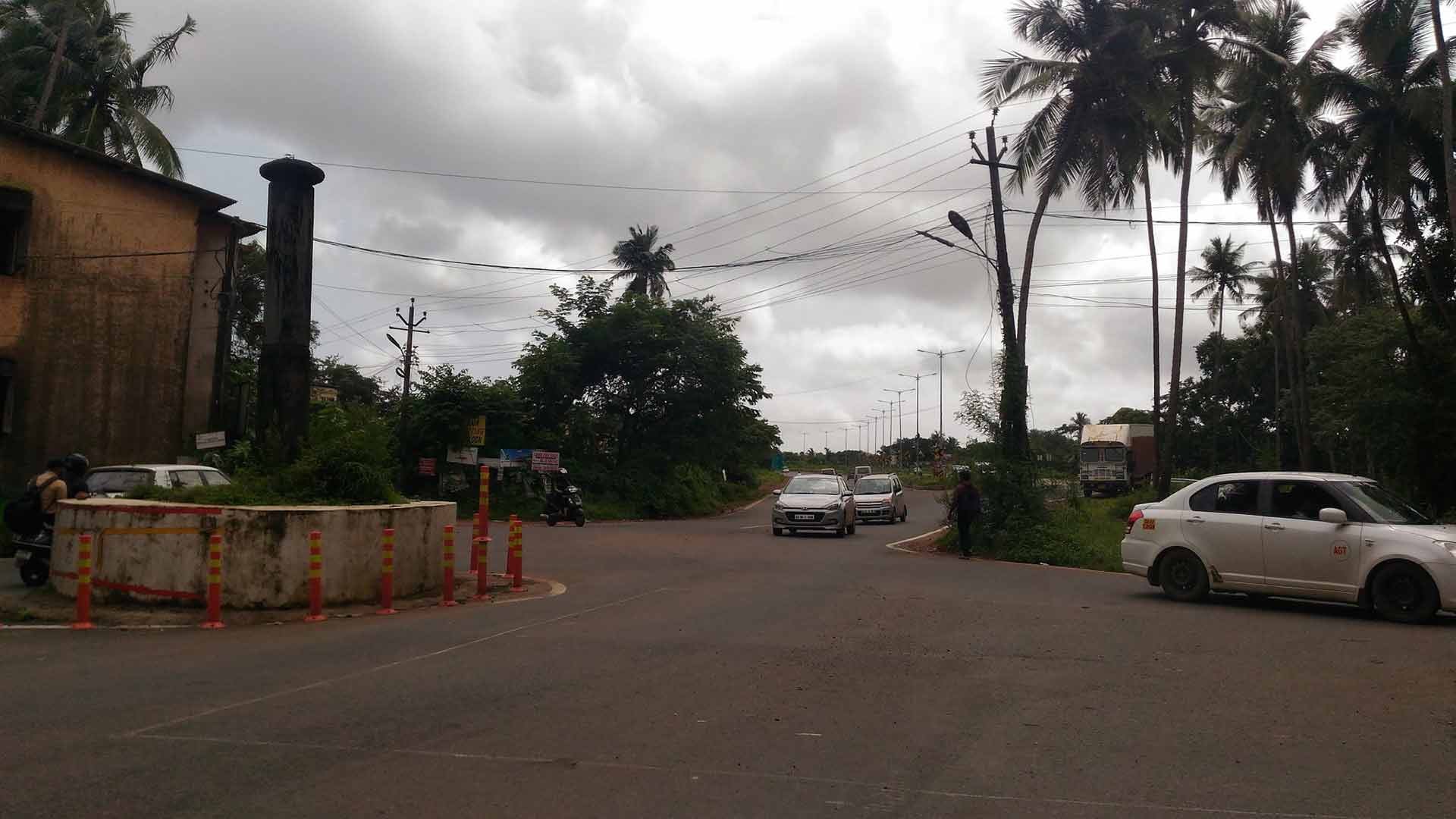A Wobbly Webinar on the Goa Inquisition
A few hours ago I watched a webinar on the Goa Inquisition, subtitled “untold atrocities by St Francis Xavier and missionaries”. It was flawed from the very beginning, for although St Francis Xavier had wanted the tribunal to put an end to profligacy in the city of Goa, he died in 1552, eight years before it was established. Nor did the panelists accuse any other missionary, in the course of the ninety-minute long proceedings.
The session began with a demand that the horrors, atrocities, brutalities, cruelties, what have you, of the Goa Inquisition be made known to the world, and a museum established at the earliest. You can be sure the webinar was hardly an academic exercise, not just because three out of the four speakers there are politically affiliated, but because the so-called “online exhibition” was exhibitionist, marked by cheap rhetoric and wild exaggeration.
The only academic present on the panel quickly rattled off dates. His only argument was that the Catholics of today are not to be blamed for what happened centuries ago. He should have also brought out the nature of the tribunal; he didn't do so, yet he didn't fail to make some sweeping statements. The professor presented no counter-argument to the macabre theory developed by the organisers of the webinar; but that’s because the other speakers did not put forth any argument in the first place. They were in plain accusation mode; it was all sound and fury, signifying nothing.
When dealing with such a sensitive historical issue, one would expect at least one honest and fair-minded panelist to state the meaning, nature and functions of that much maligned ecclesiastical court of law, and let the listeners make up their minds. On the contrary, the speakers were not only highly critical, they issued summary judgements – something that the very tribunal under attack never did! The tribunal sure had shortcomings but it did follow well laid out procedures and give the accused the right to defend themselves.
Was it that the panelists did not have enough time to go into the main aspects of the Inquisition? Not at all. Going by the organisers’ track record, one would not expect them to give evidence, weigh each word as they spoke, and see both sides of the issue... And how could one expect them to lay their cards on the table? That would in fact have knocked the wind out of their sails. That would have taken the sting out of their agenda.
